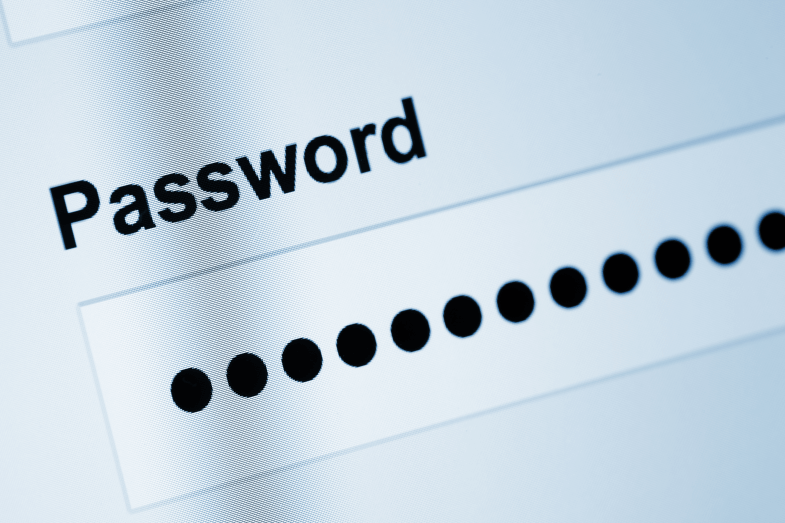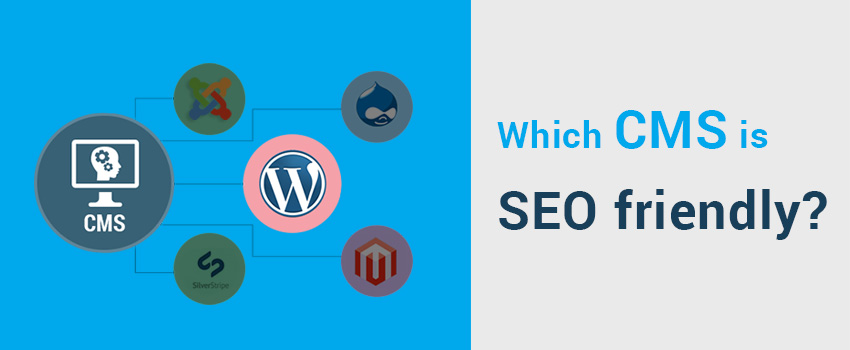Top Methods to Secure & Protect Your Website

We have many technologies to build websites, also CMS is ruling the web development industry because it is easier to make websites. But how do you keep them safe? A secure website is crucial, especially when it comes to online transactions.
Hence, it is important to ensure that the visitors/users feel that their information is protected from any third party or hackers. Top security features on websites can do the needed, obviously. Due to the advancements in technology, it has become pretty easy to create a website as there are so many tutorials and services available these days. However, at the end of the day, the best decision would be to leave it to the web experts.
While there are many techniques and tricks being discussed online that guarantee the complete safety of your website, the reality is that not all are true to their words or dependable. Nevertheless, after extensive research and interaction with the experts, here are some of the top methods that you can trust to increase website security and minimize the possibility of being hacked.
Top 10 Methods to Secure & Protect Your Website
1. Ensure web host security
The more you research, the better the results. It is important to understand that you find and make a list of all the potential web hosts. This is because some of them offer more web security which is essential for your site’s optimal performance. Each of these web hosts has various features that provide strong security to your website data.
Now, let’s come to the main point. What do you have to take care of while choosing a web host?
- Is the Secure File Transfer Protocol (SFTP) offered by the web host?
- Does an unknown user have access to the use of FTP? If so, make sure it is disabled.
- Is there a Rootkit Scanner for the web host?
- Are there file backup services?
- Are the security updates consistent?
2. Update all the software and plug-in
Outdated software is found to be one of the top factors that influence web security. It makes your website data more accessible to hackers, bots, and any other third party. To maintain the optimal health and function of your website, it is important to keep your website updated with the latest software and applications.
Not only can this facilitate benefits in the long run regarding the expansion of your target audience but also prevent attacks from external sources. You can make use of high-quality WordPress plugins to lock in the safety of your website.
3. Add HTTPS and SSL certificate
First things first, what exactly are HTTPS and SSL certificates? It is not uncommon to hear of HTTPS. All the secure URLS have one. To elaborate, HTTPS, a.k.a Hypertext Transfer Protocol Secure keeps your website protected on the Internet. It helps prevent all the unwanted interruptions and interceptions.
Also known as Secure Sockets Layer, SSL keeps your information encrypted. As a result, an unauthorized person will have no access to the data that is in transit. A top example of SSL certification is GlobalSign.
Also Read: how to switch from HTTP to HTTPS
4. Modify/Upgrade CMS Default Settings
If your CMS settings are in default, you immediately want to change that! Not doing so can result in attacks from automated bots. Make sure that you make the necessary changes to file permissions. There are 3 types of permissions in each file, ie; Read, Write, and Execute. On the other hand, there are 3 types of users, ie; Owner, Group, and Public.
Always double-check your CMS settings to avoid unnecessary website security issues in the end.
5. Back up your website
Regular website backup is crucial for its optimal performance. What are the backup solutions for your website? This is one of the important areas that you should pay attention to confirm the strength of your website security.
You may find that most of the web hosts provide the facility for file backup from their server when required. However, it is best to have multiple backup options so that your data is never lost or damaged! The same can help restore lost data as well.
It is always best to store your data on a hard drive, cloud, or home computer instead of the same server as your website. Another factor that you might want to take care of is website automation which can help recover your data easily. Utilize plug-ins or extensions that will eliminate the need for data back-up manually.
6. Strengthen your network security
Network security plays a key role in making sure that your website data is well protected. This is especially true in cases where you are using a shared network which raises the risk of easy access to your website server. To improve website security, here are 3 steps that you can practice;
- Ensure that the computer logins expire when kept inactive.
- The system should notify the users after every three months of password changes.
- The devices that are plugged into the network must be checked for malware.
7. Choose a strong password
You already know the benefits of putting a password even to your phone. It means no one besides you can access it, right? Now imagine the same for a website. It keeps all forms of unauthorized access away and guards the information. And of course, the complexity of your password influences how strong your website security is.

Besides a website, you need to keep a strong password for all your accounts on the computer. Normally, it is advised to use a combination of uppercase and lowercase letters, numbers, special characters, etc. This makes it difficult for the hackers to crack your password.
8. Use a web application firewall (WAF)
A WAF serves as a filter for your website traffic. In simple terms, it is meant to monitor, filter, and block any dangerous third party that comes through your website traffic. This application is widely used due to its effectiveness in boosting website security. It also provides protection from bots that compromise the health of your online platform.
These days, WAFs are available as cloud-based as well as plug-and-play. This allows it to ward off the attacks of hackers, spammers, and bots.
9. Understand your web server configuration files
One of the key benefits of web configuration files is that it permits you to administer the server rules which can help enhance your website security. In the case of ASP.NET configuration files, settings are easy to read and understand which allows editing without the need for any special configuration tool.
What else? Well, what web server do you use? Make use of a web scanner to check the health and performance of your website. Some of the best open-source web scanners include WebScarab, Vega, Ratproxy, Intruder, etc…
Based on the server, the file types may vary. Hence, it is best to be well aware of what you are dealing with so that you can take the right security measures.
10. Keep track of the user access and administrative privileges
Usually, most organizations provide their users with admin privileges so that the operating system remains unharmed. This is why proper administrative rights are crucial to the well-being of any IT company. It further enhances your network security, thereby protecting your data from all sorts of unauthorized access.
On the flip side, there are some things you need to take care of while giving admin rights. This is because those with these privileges may not always be mindful of it, and can get carried away in their work. Unfortunately, this can result in serious threats to the security of your website.
The solution? Enquire if they have the knowledge and experience with your CMS. Additionally, make them aware of all the software updates, passwords, and other methods to maintain the protection of website data.
However, it is not always possible to keep track of who does what. So the best way is to record all the activity that happens with your website, specifically the administrative settings and rights. Thus, you will always have accurate information regarding the security of your website and make changes/updates accordingly.
The bottom line
If you have read till here, now you may understand, if not, have a brief idea on how to protect your website. Being a webmaster is not an easy task unless you know the exact tactics to protect your website from any threats whatsoever. Although creativity, SEO strategies, and innovative ideas are more than enough to craft your dream website and attract potential clients, without proper security measures, the consequences can be more than the benefits.
Be it the company data or the customer's data, privacy is priceless. One of the best ways to win the trust of your clients/users is by protecting their information at all costs. At the same time, employees should take active measures to not jeopardize network/website security throughout the time they have access.
As mentioned earlier, regular updates and check-ins are vital for the optimal performance of your website. This can help take key measures early on and prevent any potential risks in the future.
Frequently Asked Questions
1. How to protect a website?
There are various ways to ensure the security of website data. A few of the methods include installment of security plug-ins, regular updates, strong passwords, secure web host, etc.
2. How important is website security?
Having a proactive website strategy has become extremely important given the rising number of hackers and bots. Strong website security helps eliminate the risk of attacks from third parties which promotes the successful growth of your business.
3. What are the consequences of poor website security?
When customer data is compromised, you can expect the downfall of your business pretty soon. Additionally, you can undergo legal issues, financial losses, a poor reputation, etc.
4. What are web administrator rights?
A web administrator has the authority to make any changes or updates to the website. The role allows one to alter the security settings, access computer files, modify user accounts, etc.
5. Why shouldn’t website backup be done on-site?
When you back up your website data on the same server as your website, the confidential information is at risk as it can be easily accessed by hackers. Storing the data off-site can result in better website security and smooth functioning.
Related to this
Let's Discuss Your Project










